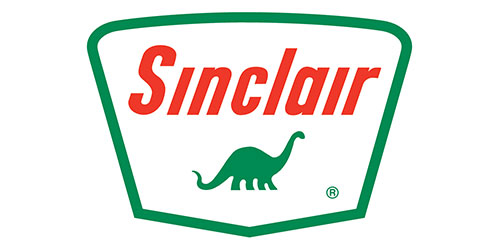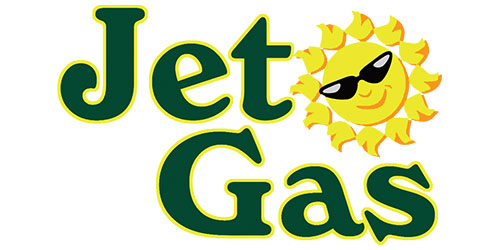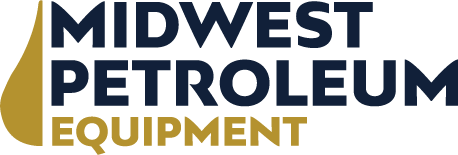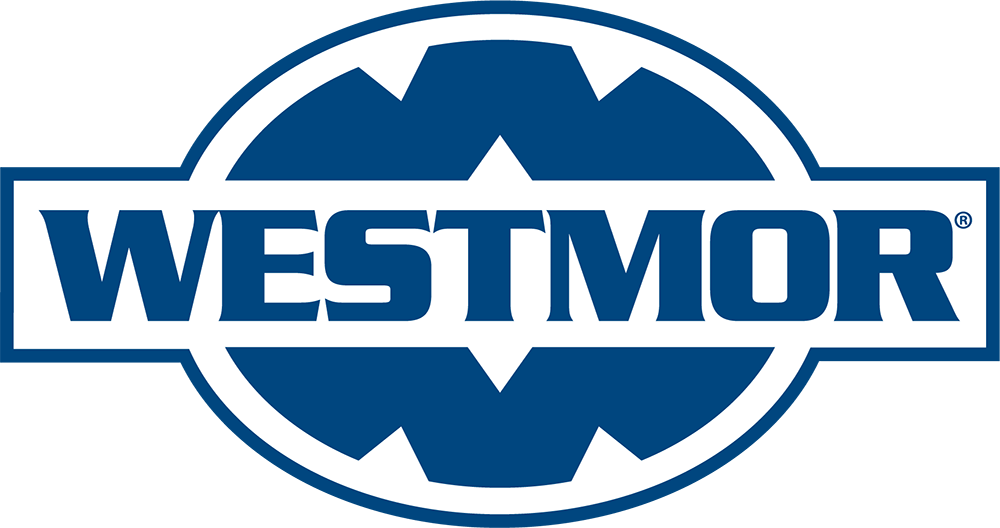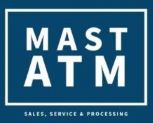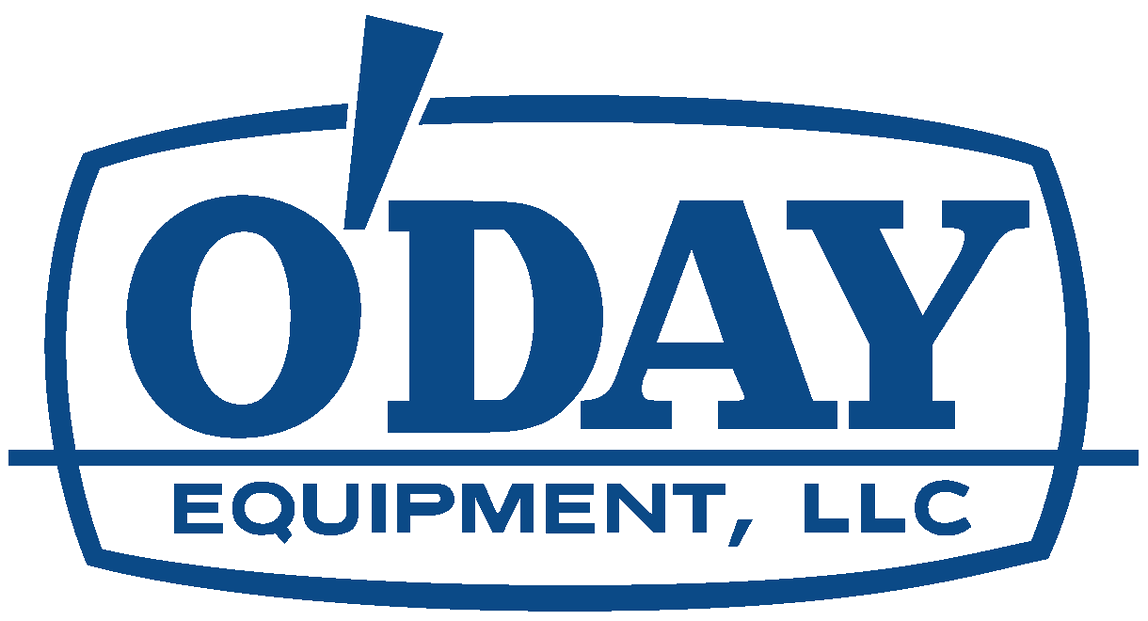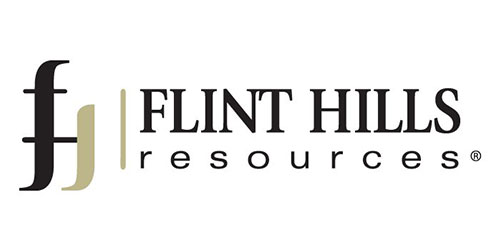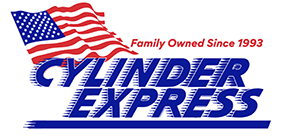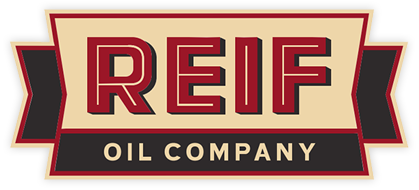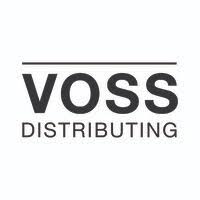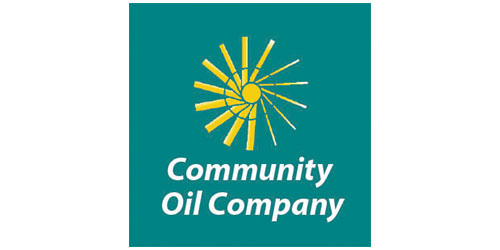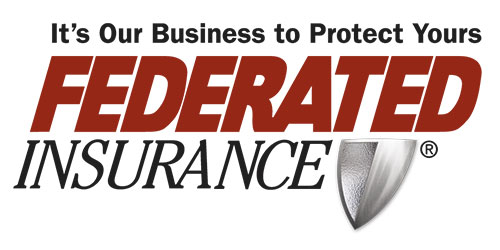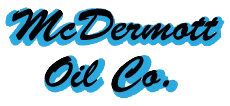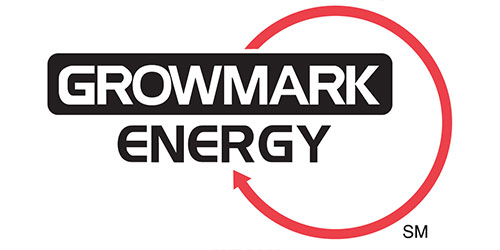
Get Prepared for the New Department of Labor Overtime Rule
November 5, 2019 | 
After five years in the making, the new federal overtime rules will go into effect on January 1. While the regulations do not change the duties test for who is exempt and who is not, they do increase the salary thresholds from $455/week ($23,600/year) to $684/week ($35,568 per year) for overtime exemptions. Additionally, they allow for non-discretionary bonuses and incentive compensation to count towards a certain portion of the white collar salary threshold.
The Department of Labor (DOL) undertook an update of the Federal overtime rules for white collar and highly compensated employees following a March 13, 2014 memorandum from President Obama to the Secretary of Labor. Following a public comment period, DOL published final overtime rules on May 18, 2016, with an effective date of December 1, 2016. The rules under the Obama administration increased the salary threshold significantly (from $455/week to $913/week), and would have had a significant impact on small business. On November 23, 2016, a nationwide temporary injunction was issued, preventing the Obama Administration's new rules from going into place. Following the inauguration of President Trump, DOL revisited the rules, seeking public comment once again. After going through the rulemaking process, DOL issued more moderate, final overtime rules that go into effect January 1.
In addition to a lower salary threshold, the new rules also removed the stipulation that they be reviewed and updated every three years based on Bureau of Labor Statistics data. Rather, the rules simply include a commitment by DOL to use the notice and comment process to update thresholds more frequently.
The Small Business Legislative Council recommends that employers take the following steps in preparing for the new rules:
- Take the time to learn and educate company decision makers about the rules to ensure they will be in compliance.
- Audit all exempt employees’ salaries and duties to ensure proper classification
- Decide how to handle exempt employees whose salaries will no longer meet the threshold
In cases where currently exempt employees will no longer meet the new thresholds, consider:
- How much will the employee’s salary needs to be increased to meet the new threshold?
- How much overtime does the employee currently work?
- Will there be a loss in productivity if the employee is instructed not to work overtime?
- What will the impact be on recruitment and retention?
To learn more about the rules, tune into the Small Business Legislative Council webinar by clicking here. This webinar is brought to FUELIowa members as a part of our membership in PMAA. Select the link, “For Members’ Guests” and input the following username and password:
Username: 2019
Password: FinalRegulations



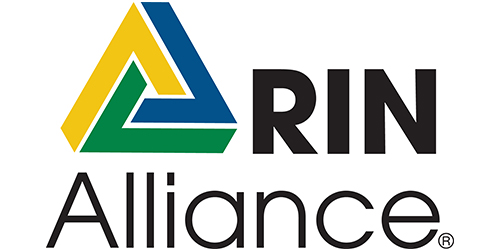

.png)


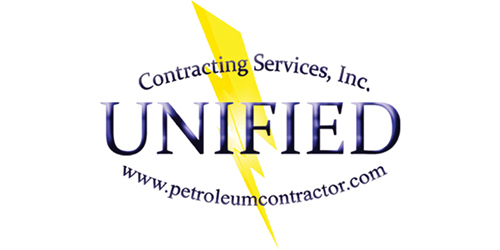


.png)


